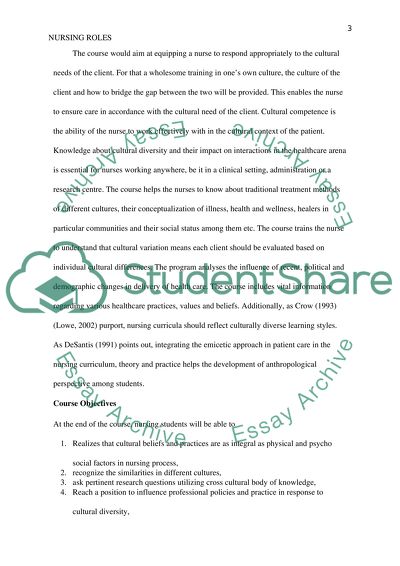Cite this document
(“Course: Nursing Roles in a Diverse Culture Essay”, n.d.)
Course: Nursing Roles in a Diverse Culture Essay. Retrieved from https://studentshare.org/nursing/1484866-course-nursing-roles-in-a-diverse-culture
Course: Nursing Roles in a Diverse Culture Essay. Retrieved from https://studentshare.org/nursing/1484866-course-nursing-roles-in-a-diverse-culture
(Course: Nursing Roles in a Diverse Culture Essay)
Course: Nursing Roles in a Diverse Culture Essay. https://studentshare.org/nursing/1484866-course-nursing-roles-in-a-diverse-culture.
Course: Nursing Roles in a Diverse Culture Essay. https://studentshare.org/nursing/1484866-course-nursing-roles-in-a-diverse-culture.
“Course: Nursing Roles in a Diverse Culture Essay”, n.d. https://studentshare.org/nursing/1484866-course-nursing-roles-in-a-diverse-culture.


